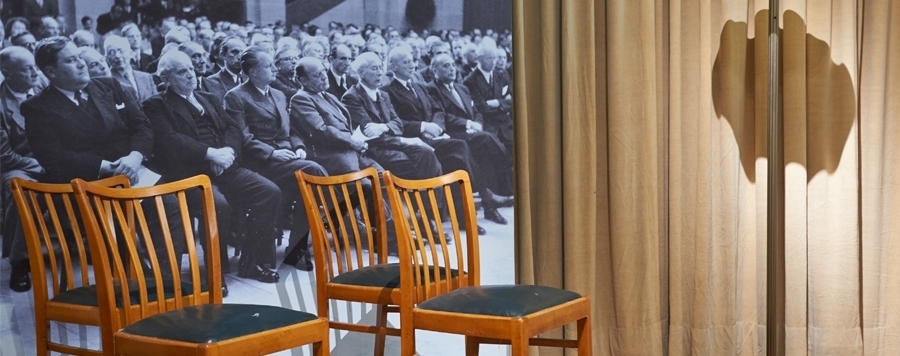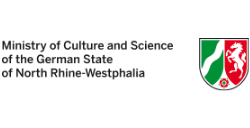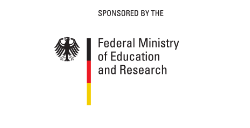
Alexander Koenig
Museum Koenig was founded in Bonn by the lecturer Alexander Koenig (1858-1940) as a private institute for zoological research and public education.
Alexander Koenig descended from a German family which had emigrated at the end of the eighteenth century to St. Petersburg, Russia, where they specialized in the sugar trade and sugar industry. Leopold Koenig, Alexander's father, was one of the most important sugar merchants in Russia during the late nineteenth century and owned large estates in what is now Ukraine.
Alexander was born on February 8, 1858 in St. Petersburg but since 1867 grew up in Bonn where his father bought a villa at the bank of the river Rhine. At that time the Villa Koenig (today called Villa Hammerschmidt) was situated at the outskirts of the city, while today it is in the middle of the administration district of the former capital of Germany. Alexander Koenig was already interested in natural history as a boy and started early to collect birds and mammals.
He later studied zoology at the Universities of Greifswald and Marburg. In 1884 he earned his doctoral degree in natural history (Dr. rer. nat.) at the University of Marburg with a dissertation on taxonomic problems of bird lice. During the following years he organized and privately funded a number of expeditions into arctic regions around Spitzbergen and also into north and northeastern Africa.
Together with his wife Margarethe, he visited Egypt and travelled down to Kordofan, in what is now Sudan, where he and his crew collected a number of birds and large mammals. Two giraffes collected there are still shown in the exhibition today.
Alexander Koenig died on July 16, 1940 at the age of 82.






